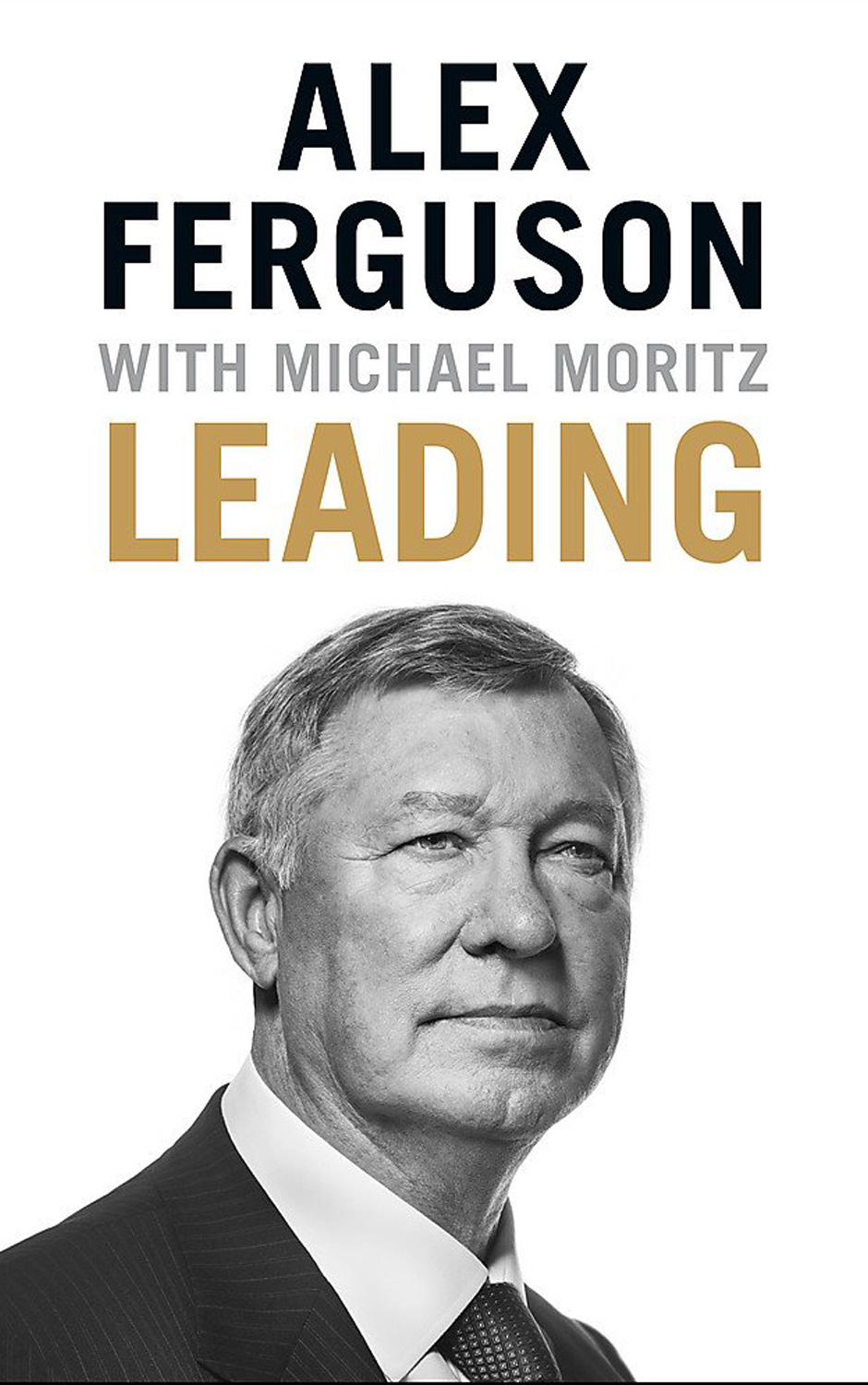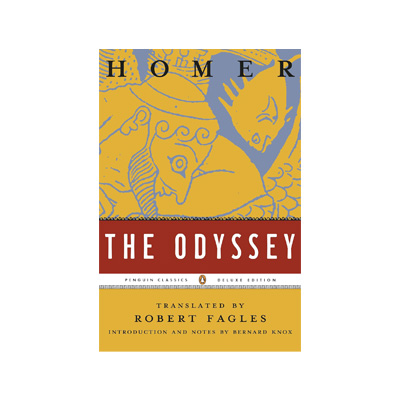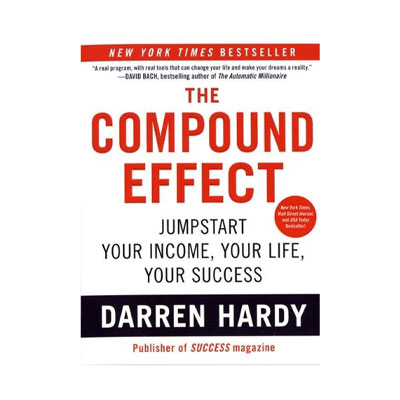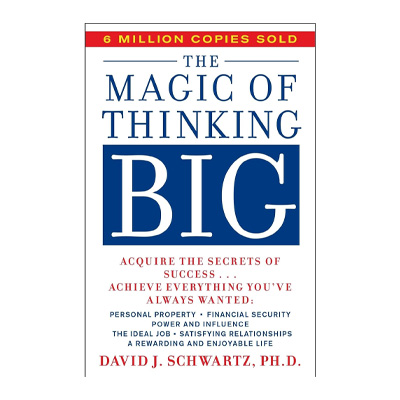Book Summary
The book of leading is a book written by Sir Alex Ferguson, the former head coach of Manchester United, England, which was published in 2015. After writing his autobiography in 2013, Alex Ferguson wrote the book of leading, containing Very important tips and lessons about his activity, he published this book and dedicated to his family. As the name suggests, this book contains things that every leader should be aware of them.
About the Author
Alex Ferguson was born in Govan, Scotland in 1941, and since he appeared as a goal-scoring striker in his youth, he was able to join his favorite team, Glasgow Rangers, after a lot of efforts, and the figure he received was £65,000. At that time, it was a record for himself. Before joining Manchester United, he had experiences in teams like Stirlingshire, St. Mirren and Aberdeen in Scotland and even won a championship in 1982-1983. In 1986, after he joined Manchester, he was able to bring 49 trophies, including the European Cup, the English Premier League, the FA Cup and the Club World Cup to this team and its fans. The book of leading basically narrates Ferguson's biography, from which many cases of commitment and expertise can be obtained.
Who Should Read the Book?
Ferguson spent more than 25 years as a head coach at Manchester United, and when we look at his time and the honors he won, we realize that he did not achieve his success with one or two stars, but with the principles of leading that led to the proper functioning of the team. It took all the pride. This book is highly recommended not only to teachers but also to managers of organizations to read it line by line and use it in their collection.
Table of Contents
The 13 chapters that make up this work have the following titles
- Become your true self
- Understanding passion
- Putting the pieces together
- Work with others
- Compilation of standards
- Evaluation of people
- Concentration
- Message transfer
- Leading, yes, management, no
- The finish line
- Business development
- Communication with others
- Transfer
Book Quotes
I have realized that human beings are formed by different forces other than looking, listening and reading. We are all accidental victims of our parents' DNA. We believe in luck and conditions and type of education are also important. However, we all have two very powerful tools that are completely under our control. However, we all have two very powerful tools that are completely under our control, our eyes and ears. Looking at others, listening to their advice, and reading about people are three of the best things I've ever done in my life.
Buying and selling players was like a class in the art of negotiation for me. My first experience of negotiation was when trade union leaders were talking to each other. I was working in a factory at that time, and communist ideas had a great impact on society. Communists were not at all interested in negotiation and were always against everything.
David Beckham was also very wonderful. When he came to the Manchester team, he was living in a rented room. David was training in the morning and afternoon and at the same time in the evening. At the beginning of the season, when we wanted to test the aerobic fitness of the players, David was always above the others, so was Cristiano Ronaldo, and he wanted to become the best player in the world, so he was very determined and hardworking..
It is very difficult to be calm and not to go crazy in the negotiations, these negotiations continue easily and it is very easy for a head coach to think that one or two new players will change the fate of the club. If the rules go into the negotiation process and everything goes right, it will not only increase the price of transfers but also have ripple effects.
Many people, when they are successful, then they are surrounded by flatterers, they don't listen to their critics and sympathizers anymore. Basically, these people do not become theologians. Always and always listen to the players on your team. Never, ever, react negatively to your team members after they make a mistake. Let time pass and the situation will return to the previous calm and make a decision later.
The best way to make the right decision is a careful work. Thinking, thinking and thinking again is a strategic strategy for future leaders. It seems that deep thinking is absolutely necessary before any constructive decision. Leaders and managers can make many rules, but you should never, under any circumstances, do anything when there is indiscipline. Remember that the punishment must fit the crime and for each fine you must have its own punishment.























